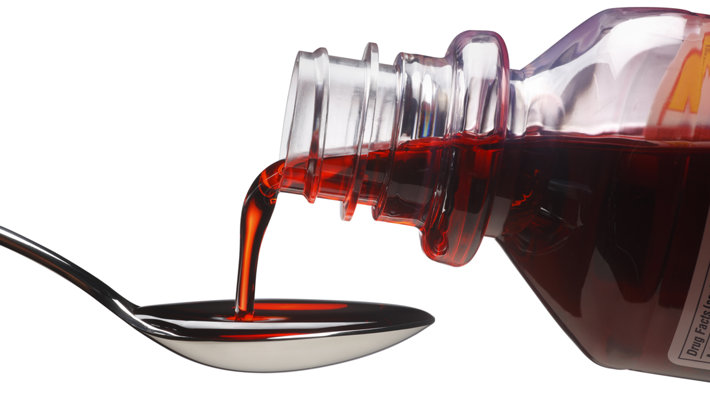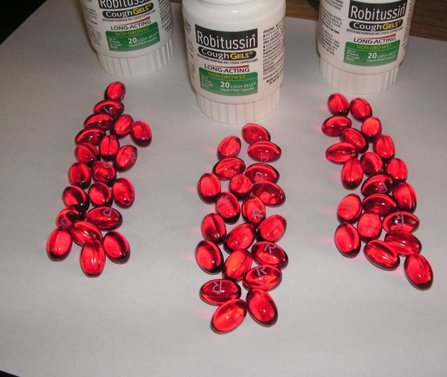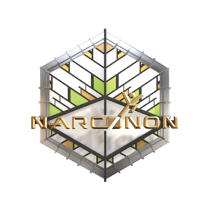Dangerous Component to Common Medicines Associated with Risky Behavior and Addiction

You might not believe it if someone told you that you could go into the local pharmacy and for a few dollars and no prescription purchase a dangerous, addictive, and powerful drug that is being abused across the country. It's not ephedrine, the common ingredient used to produce meth. It's a substance called dextromethorphan or DXM. Commonly used as a cough suppressant, DXM can produce vivid hallucinations and an irregular heartbeat in its users. Its not just young kids who discover the effects, the substance has been known to produce intense cravings and even psychotic behavior.
DXM is the active ingredient in well over 100 cough medicines. In fact, its found in household names like Alka Seltzer Plus, Comtrex, Coricidin, Delsym, Dimetapp, Mucinex DM, Pediacare, Robitussin, Theraflu, Triaminic, Tylenol Cough & Cold, Vicks DayQuil/NyQuil, Vicks Formula 44, and more.
Even so, the damage the drug is capable of is rarely understood or explained by either the pharmacy or the label.
Answering Questions About DXM
Given the relatively unknown risk associated with this drug, many parents have questions about the safety of these common household medications and are often shocked to learn that these drugs are not only addictive but can have severe lasting effects.
- What is DXM?

via Wikimedia Commons
- DXM stands for Dextromethorphan, a cough suppressant drug. DXM is the active ingredient in about 120 over-the-counter (OTC) cold medications. Some cough suppressants use DXM as the only active ingredient, while others combine DXM with other substances such as analgesics (e.g., acetaminophen), antihistamines (e.g., chlorpheniramine), decongestants (e.g., pseudoephedrine), and/ or expectorants (e.g., guaifenesin). Even when taken as directed these drugs can have a psychoactive effect, altering the perceptions of those taking them.
- How do people get DXM?
Unfortunately, because DXM is an OTC drug, all one has to do to get ahold of it is go to the local pharmacy and buy it. DXM can also be ordered off the internet without a prescription, making access to the potentially mind-altering substance very easy.
Ease of access to DXM is one factor about the drug that makes it dangerous,
particularly for young people.
- What are some of the street and slang names for DXM?
It helps to know some of the street names for the drug. Some examples include CCC, Dex, DXM, Poor Man's PCP, Robo, Rojo, Skittles, Triple C, and Velvet.
- What does DXM look like?
Depending on the product (remember, this mind-altering substance appears in 120 different OTC medications), DXM can be purchased as cough syrup, tablet, capsule, or powder.
- How is DXM used?
While the recommended dosage of DXM for a grown adult may be 15 to 30 milligrams, someone looking to get high off of DXM will take a dose of 250 to 1,500 milligrams. These high dosages can lead to liver and kidney damage.
- What is the drug's effect on the mind?
Users take DXM because it can have hallucinogenic effects. The drug can also cause one to feel confused, agitated, paranoid, euphoric, etc. It may cause one to laugh uncontrollably and to feel as though they are floating. It can also change one's sensory perceptions by altering their sense of hearing and touch. Prolonged use of DXM can result in extreme psychological dependence.
- What is the drug's effect on the body?
Depending on how much of the drug one takes, DXM can affect the body in various ways. DXM can lead to degrees of over-excitability, feelings of lethargy, a loss of coordination, significantly slurred speech, profuse sweating, hypertension, nausea, vomiting, and eye twitching. All by itself, DXM can cause overdoses in some people, and when the substance is taken in tandem with other substances like alcohol or other drugs, the risks for a severe, life-threatening event are much more significant.
- What happens during a DXM overdose?
While DXM itself does not often lead to death, depending on the other ingredients contained in the medication. Liver damage, heart damage, and kidney damage are all common.
- What other drugs have similar effects as DXM?
DXM is unpredictable, someone who is misusing it may experience marijuana-like symptoms, or they may experience ecstasy-like symptoms or ketamine or PCP-like symptoms. The effect is often dependent on the amount of the drug one takes.
- Is DXM completely legal?
Yes, DXM is an over-the-counter medication, and it is entirely legal in the United States. It is not a controlled substance or a regulated chemical, and it is very easy to acquire. However, misusing a drug other than for it's intended purpose can sometimes lead to criminal charges.
DXM Abuse
While DXM itself does not often result physical withdrawal symptoms like opioids or alcohol, people can become addicted to DXM's psychological effects. The combination of drugs found in many cough syrups and the often intense effects of the drug can lead to physical dependence and psychotic behavior. When that occurs, they will need help in getting off of the drug.
Because of its ease of accessibility and a low perceived risk connected to the drug, DXM is a popular drug of choice among teenagers and young adults. If you are a parent who has a son or daughter who uses DXM, you must get them help before their addiction gets worse.
Another harmful effect of DXM use among young people is that it often paves the way to other types of drug experimentation. While DXM itself has low fatality numbers, young people may become peer pressured into mixing DXM with other, more harmful substances, or merely experimenting with other substances in general. DXM misuse can be one step away from opioid abuse, cocaine misuse, or methamphetamine misuse.
Call Narconon today to take the first step towards helping your loved one get off of DXM.
Sources:
- https://www.dea.gov/sites/default/files/2020-06/DXM-2020.pdf
- https://www.ncbi.nlm.nih.gov/pmc/articles/PMC5601090/
Reviewed by Claire Pinelli, ICAADC, CCS, LADC, RAS, MCAP


